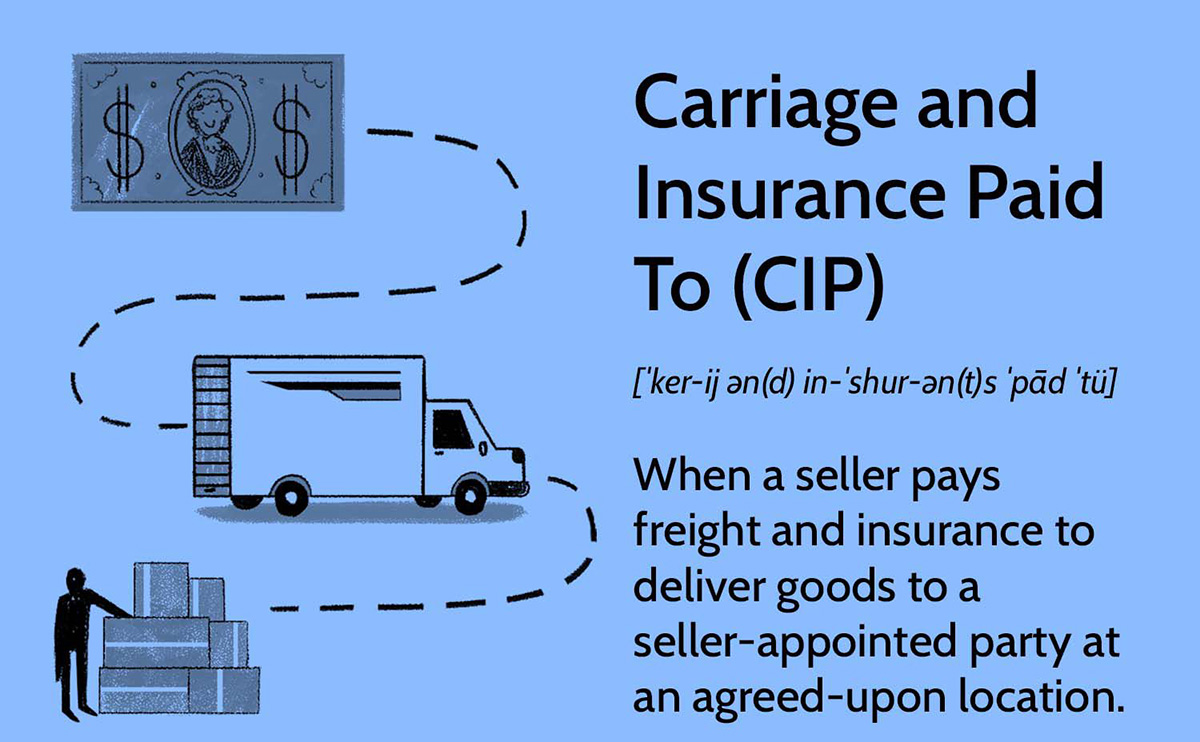

Finance
Controlled Insurance Program (CIP) Definition
Published: November 2, 2023
Learn the definition of Controlled Insurance Program (CIP) in finance and how it can benefit your business. Gain financial protection while managing risks and costs.
(Many of the links in this article redirect to a specific reviewed product. Your purchase of these products through affiliate links helps to generate commission for LiveWell, at no extra cost. Learn more)
What is Controlled Insurance Program (CIP) in finance?
Have you ever wondered what a Controlled Insurance Program (CIP) is and how it can benefit your construction project? Look no further! In this article, we will dive deep into the world of CIP and give you a comprehensive understanding of what it means and how it works in the realm of construction finance.
Key Takeaways:
- CIP is a type of insurance program commonly used in construction projects.
- It provides coverage for all enrolled parties under a single policy, eliminating the need for individual policies.
A Controlled Insurance Program (CIP) is a type of insurance program that is commonly used in the construction industry. It provides coverage for all enrolled parties involved in a construction project, including owners, contractors, subcontractors, and suppliers, under a single policy. This means that instead of each party having to obtain individual insurance policies, a CIP consolidates the coverage into one comprehensive policy.
Now, you might be wondering, why would anyone want to use a CIP? Well, there are several benefits that make it an attractive option for construction projects:
Key Benefits of a Controlled Insurance Program (CIP):
- Cost Savings: By consolidating insurance coverage under a single policy, a CIP can help save costs on premiums. Since the coverage is bulk, it is often more cost-effective compared to individual policies.
- Enhanced Coverage: A CIP can provide broader coverage than what individual policies may offer. This ensures that all parties involved in the project are adequately protected, reducing potential gaps in coverage.
- Streamlined Claims Process: In the event of a claim, having a single policy can simplify the claims process, eliminating potential disputes between multiple insurance providers. This can save time and reduce administrative burdens.
- Improved Risk Management: With a CIP, the project owner or developer can have greater control over insurance coverage and risk management. They can ensure that all parties have the necessary coverage and meet specific project requirements.
Overall, a Controlled Insurance Program (CIP) offers a convenient and efficient way to streamline insurance coverage for construction projects. It eliminates the complexity of managing multiple policies and provides cost savings along with enhanced coverage. With its benefits of cost savings, improved risk management, and streamlined claims process, it’s no wonder that CIPs have become a popular choice in the construction industry.
So the next time you embark on a construction project, consider the advantages of a Controlled Insurance Program (CIP) and how it can benefit your project’s financial security and success.














